James Peters was the first Black man to play union rugby in England. As a young boy, Peters played cricket and rugby at school. He was always an outstanding athlete who excelled at long jump, high jump, walking races, and just about any other sport he engaged in playing.
Peters was born in Salford, England. His father George Peters was from the West Indies and worked in a circus until he was killed in a lion’s cage. Since his mother struggled to look after him, she allowed him to join another circus troupe. After having broken his arm at age 11, the circus abandoned him, so Peters ended up at Fegan’s orphanage in Southwark, and then Little Wanderers’ Home in Greenwich. In Greenwich, he was the captain of various sports teams; Greenwich Admirals Rugby League Club now honors Peters with an annual challenge game.
After leaving school, Peters found a job as a printer. In 1989, he moved to Bristol and joined the Bristol Rugby Club from 1900 to 1903. Peters later moved on to Plymouth and played rugby union for Devon, and in 1906, he was played the South Africans in front of 20,000 fans at the Plymouth County ground. However, due to racism by some of the white players, many of them resigned from the club because they felt black people should not be allowed in the club. However, when Devon won the County Championship, the public began to campaign for Peters to play for England.
On March 17, 1907, Peters became the first Black man to play rugby in an international game when England played against Scotland. However, during this time, he was never recognized for his great achievements. In 1910, Peters lost three fingers in a dockyard accident. Nevertheless, he continued to play until 1912, during which political matters forced him out of the rugby league. He was suspended after it was discovered he had been paid by Devon Rugby Club for amaeteur matches, which was illegal according to the rugby union.
When Peters was 34, he was accepted into the professional rugby league. He played for Barrow in 1913, and then transferred to St. Helens in 1914 until his retirement from the sport.
source:

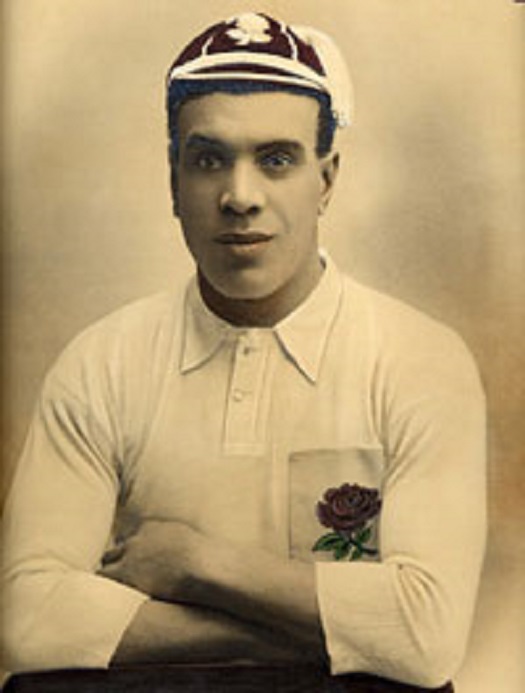



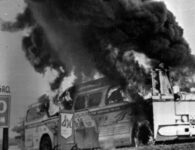

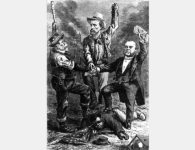


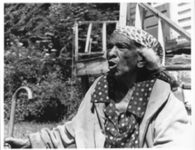

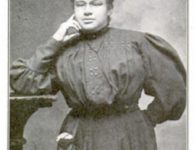
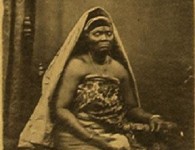



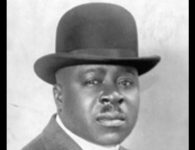
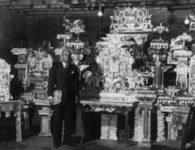

2 Comments
Good to know how diversified our folks were in sports before basketball became the norm for our youth to aspire to achieve. I’m not familiar with the sport of Rugby, however, now I will at least take a minute to see what it’s about. Just keep teaching us what we did that others hid.
I am not rattling great with English but I get hold this really easygoing to read .